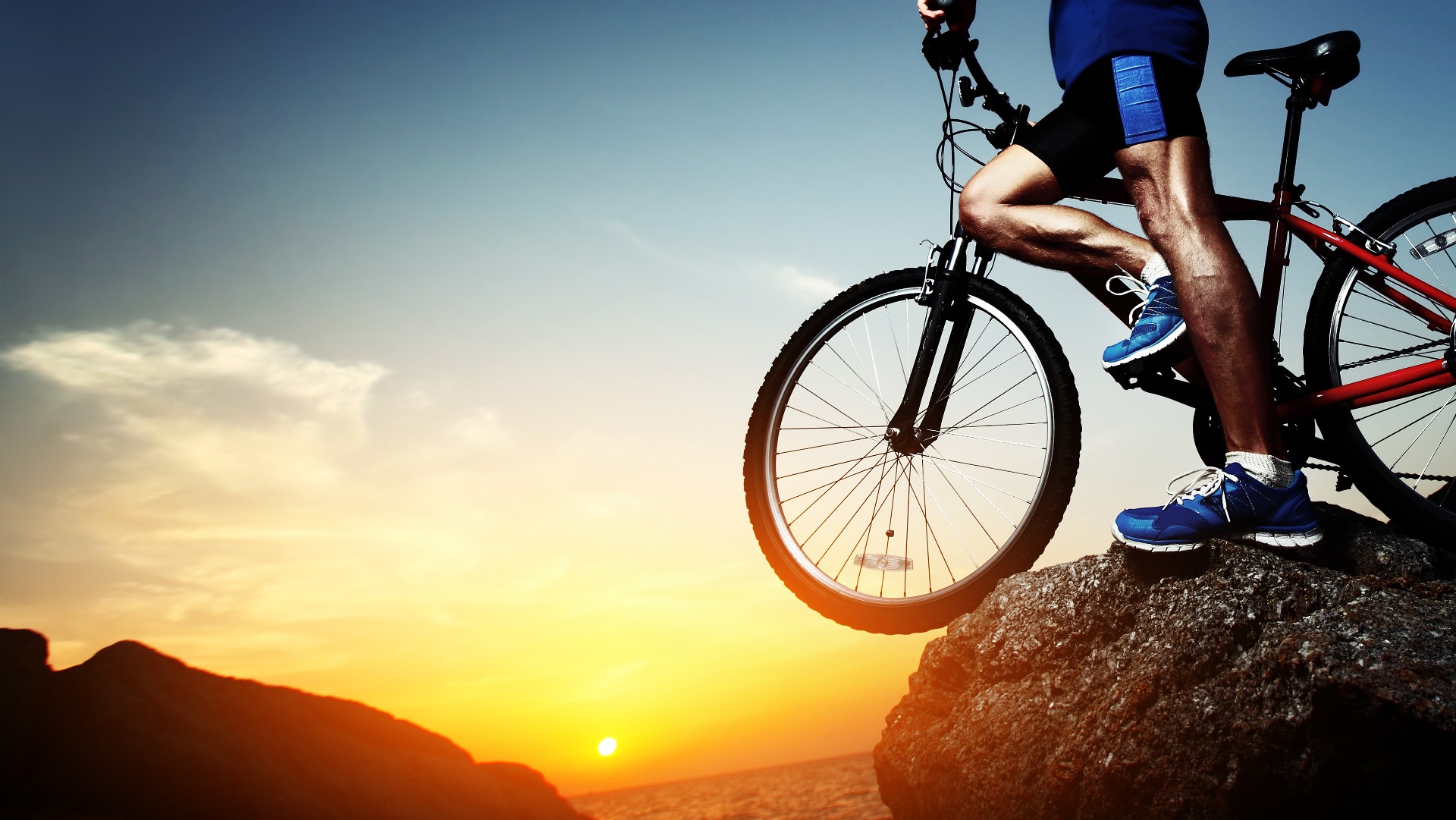
How stress impacts decision-making, and can you just decide to be brave
I have previously written about threats and how to deal with them. However, it is not always necessary to be in the presence of an imminent danger to act as if one were really upon us.
What do I mean when I say this? Stress is a common occurrence in life, it is fair to say that everyone experiences it at some time in their lives, often many times. What causes stress? Dangers and threats certainly exist, but the causes of stress are not limited to these.
The stress response is the body's way of signalling to the brain about a threat and a stressful behaviour or burden we are under. What exactly is stress? It is a challenging phenomenon to describe in words, but it could be said to be a defence mechanism designed to protect a person from danger and threat.
A danger or threat does not always mean a stalking beast or a violent neighbour. It can also be haste, fatigue or loss. Why are the above threats? Haste increases the likelihood of mistakes and misjudgements, in a hurry things are easier to miss, this can have serious consequences.
Fatigue can be considered a threat because when tired, performance is reduced, as is attention. If a real danger were to occur, a tired person would have a lower chance of coping than a rested and energetic one.
Loss, for example the loss of a loved one, can be haunting, the longing can be so great that the loser is unable to think of much else and desperately wants what has been lost back. When attention is focused on one thing in particular, other things are neglected, and this can be called a 'tube effect'. Excessive staring at only one point means that a person is oblivious to the surrounding dangers.
How do these relate to decision- making? Firstly, we need to identify which things influence decision-making, and there are many, as I have said before. In these cases, one chemical compound plays a major role - cortisol, the stress hormone.
Cortisol's role is to maintain a state of alertness so that we are ready and sharp when danger threatens. When our brain senses that something is a danger to us, it tells the body to start producing cortisol so that we can fight the danger, or escape. However, prolonged stress is not good for us because it tries to force us to stay alert. Prolonged stress takes energy away from what is important and at some point the body can no longer recover from short sleeps, i.e. be truly battle-ready.
Stress is supposed to help us make quick decisions to save ourselves, not to be constantly present in our daily lives. No being is like a machine, and needs rest and recovery, some more than others, humans need a lot.
WHAT IS COURAGE AND HOW IT RELATES TO DECISION-MAKING
What is courage? Is it being different and deviant? Each individual is different, different from the others. Therefore, being different does not need to be practised or pursued, one is already different.
But it is perhaps a little different to be what you are in public, it is almost impossible to change your inner self, but you are able to play different roles, to hide things with masks. Fear is a powerful regulator of behaviour, fear drives us away from danger.
Why are some people more afraid than others? As stated, everyone is a different personality and individual, and therefore there are many different behavioural styles, in fact as many as there are individuals. It is not known exactly why some people take more risks than others, probably due to brain chemistry and hormones, but learned habits and environment also play a role.
Why are we afraid? Naturally, we don't want to hurt ourselves in any unpleasant way. To be brave takes courage, but if we don't know what's coming, we feel insecure and often play it safe. It is said that the first time is the most exciting and perhaps the most challenging. Then, as you gain experience and realise that it wasn't as bad as you thought, the threshold to do it again is lowered.
It is true that talking about certain things or dressing or behaving in a certain way is likely to get you criticised, in some places much more troublesome. This is why social and external pressures guide us in what we do and say.
So how can we be more courageous? Actually, there's not much to do other than to practice, but practice in moderation, not immediately into a deep headlong rush into purgatory. Our confidence grows through successes, our awareness increases of things we have never done before.
Becoming bolder is a process of change, which takes time and practice, new experiences. It also requires tolerating at least some discomfort, daring to fail, it is part of the development process. As the old cliché goes: You learn by doing. The best way to learn is by doing and experimenting.
Of course, it is good to keep a sense of judgement, perhaps it is not worth putting yourself on a high pedestal, or at least you should consider whether it is compulsory.
Courage is mostly a psychological, or brain state. Cowardice is a protection mechanism, while courage is a paving the way. Renewal require actions that deviate from the old traditions and ways of doing and thinking.
Courage is the ability to change things, or at least to be a force for change, to take the initiative. Courage also requires the ability to withstand criticism from time to time, the willingness to endure and tolerate dangers and difficulties. Can anyone just decide to be brave? In theory, yes, there is no obstacle in principle. In practice, it is more complicated.
Although anyone can decide to be brave, not everyone can do it, at least not easily. Not everyone will become a great leader of a popular movement, even if they want to, the protection mechanism is too strong. On the other hand, not everyone needs to be as brave, but if you are afraid of life and other people, life is likely to be quite stifling.
Courage can indeed be practised, and you can get better at it, but you cannot force someone to be something they are not. You have to accept that people have different characteristics and act in different ways.
